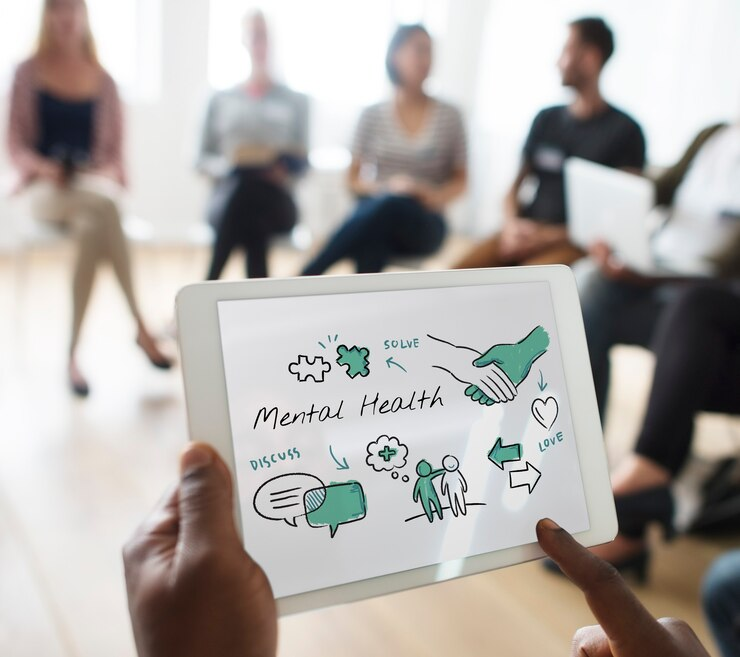The idea of impulsivity is frequently misinterpreted and undervalued in today’s fast-paced environment, particularly about its effects on mental health and rehabilitation. What does being impulsive mean? The tendency to act impulsively, making snap decisions without fully considering the ramifications, is called impulsivity. So, although being spontaneous can be fun, unbridled impulsivity can cause problems in social, professional, and personal domains. The leading provider of mental health services, Pennsylvania Behavioral Health, stresses the significance of comprehending impulsivity and provides methods for controlling its effects on mental health and rehabilitation.
What does being impulsive mean?
Impulsivity is the inability to resist the need for instant gratification or the lack of self-control. It can take many forms, from impulsive purchases and snap judgments to more significant life decisions made without careful thought. Although many people have impulsivity, severe impulsivity can be an indication of underlying mental health conditions such as ADHD, bipolar illness, and personality problems.
The Effects of Impulsivity on Mental Health
An individual’s mental health can be significantly impacted by impulsivity. So, it can worsen pre-existing mental health disorders and frequently results in regretted decisions and broken relationships. Impulsive behavior often results in short-term satisfaction that is quickly replaced by regret, humiliation, or long-term consequences that negatively impact one’s psychological health. The first step in reducing the effects of detrimental impulsivity is identifying its warning signals, which Pennsylvania Behavioral Health staff members are skilled in helping their clients with.
Controlling Impulsivity
An approach customized to each person’s needs must be comprehensive to manage impulsivity effectively. Some of the ways to effectively control it are:
Self-awareness and mindfulness
People who practice mindfulness can better recognize their urges and the situations that cause them. Further, meditation and other disciplines help teach people to think things through before acting impulsively.
Behavioral Therapies
Individuals can learn to identify harmful thought patterns and create more constructive coping mechanisms using Cognitive Behavioral Therapy (CBT).
Creating a Support System
Participating in a community or support group can offer accountability and encouragement, which is essential for controlling impulsivity and maintaining recovery.
Conclusion
Lastly, unmanaged impulsivity can cause severe problems in a person’s life and mental health. However, controlling impulsivity starts with knowing: “what does being impulsive mean?”. And thus, finding the route to recovery is entirely doable with the correct techniques and assistance. Lastly, Pennsylvania Behavioral Health is leading the way in delivering considerate and all-encompassing care for people trying to overcome impulsivity’s challenges.






